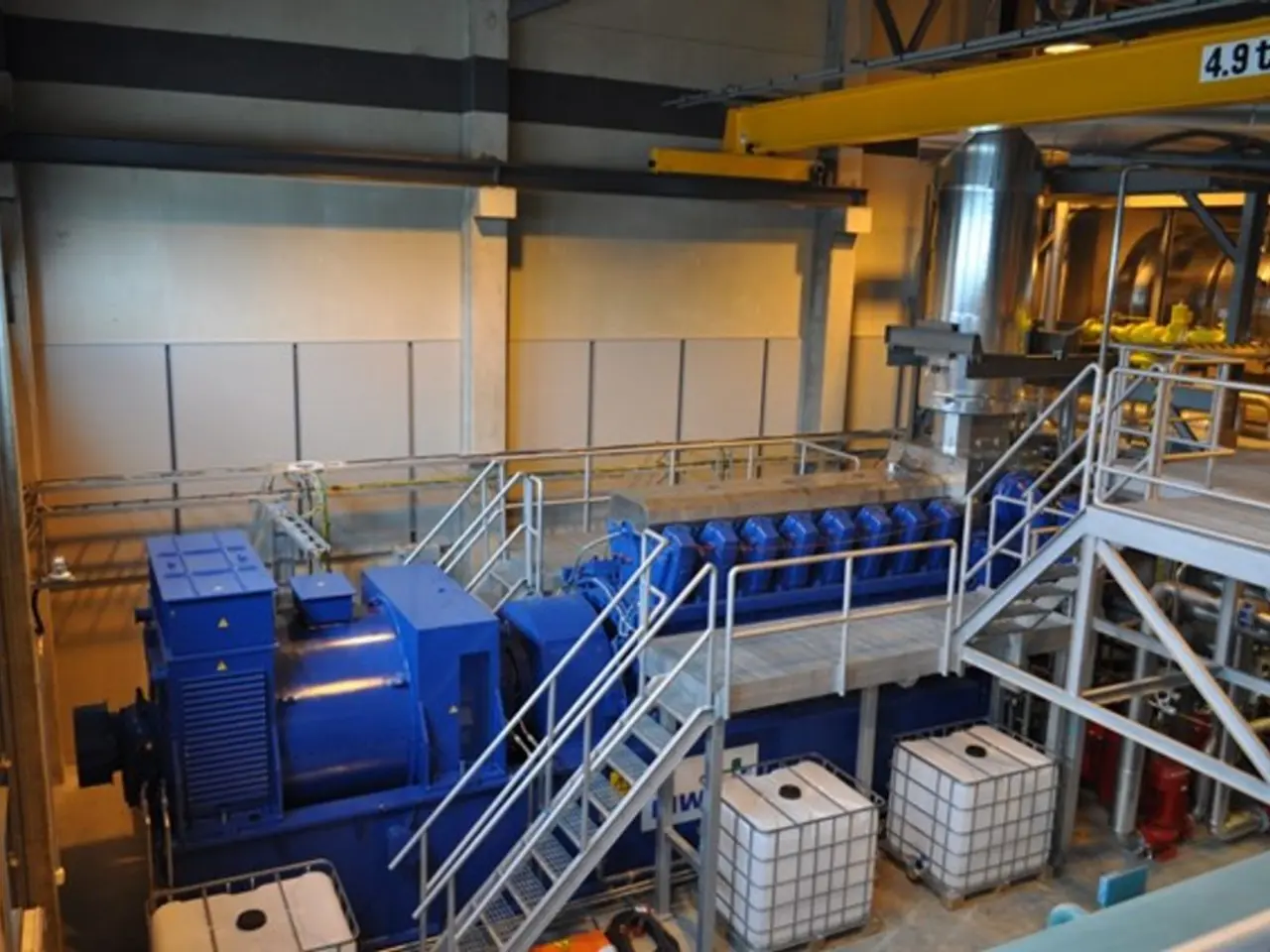Approval granted for contentious nuclear waste transfers in North Rhine-Westphalia - Authorized Nuclear Waste Transports in NRW Despite Conflicting Opinions
Nuclear Waste Transfers from Juelich to Ahaus Approved
The Federal Office for Nuclear Waste Disposal (BASE) has given the green light for nuclear waste transfers from the Juelich Research Center to the Ahaus interim storage facility. This decision comes after a lengthy review process and various challenges.
The transports, involving approximately 300,000 fuel element spheres from an old test reactor, will be made in 152 Castor containers. Each transport vehicle, capable of carrying one container at a time, will take part in the transfers, which are expected to take place by road over a 170-kilometer route.
However, the journey is not straightforward. Damaged bridges and dilapidated roads pose significant problems for the transport. The transfers will likely be spread over more than 50 trips with heavy trucks, presumably at night, to minimise disruption.
The route will require wide police protection, and the Police Trade Union NRW (GdP) has expressed criticism regarding the disproportionate effort and potential police deployment for the transports.
The last operating permit for the storage of nuclear waste in Juelich expired in 2013, and the NRW Ministry of Economics ordered the clearance of the Juelich storage facility in 2014 due to unproven earthquake safety concerns.
The transfers have been met with protests from residents and activists. Notably, Michael Mertens, the former state honor president and later the state chairman of the police union in North Rhine-Westphalia, publicly criticised the controversial nuclear waste transports from Jülich to Ahaus.
Despite the challenges, the Higher Administrative Court (OVG) in Münster has confirmed the legality of the storage in Ahaus. The BASE had previously announced that nuclear waste transfers to Ahaus could be possible as early as the fourth quarter of 2025, but this is subject to a decision by the competent authorities at the state level.
Additional coordination with the nuclear supervisory authority and the police authorities of the state of NRW is necessary before the transports can begin. It is yet to be determined when the first transport will take place, but it is expected that the transports could be bundled together to reduce the overall impact on the local communities.








